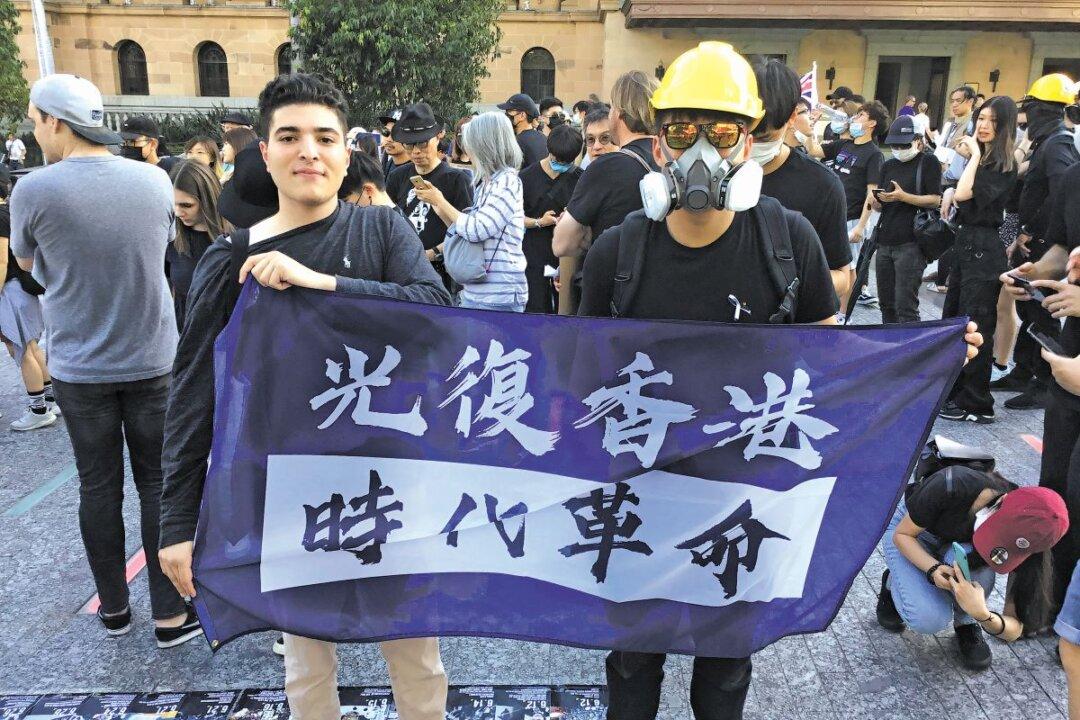A student activist critical of Beijing will remain suspended from the University of Queensland (UQ) until next year after his appeal was quashed.
Drew Pavlou was in May suspended from UQ following a disciplinary hearing that examined misconduct allegations reportedly linked to his on-campus activism supporting Hong Kong and criticising the Chinese Communist Party.





